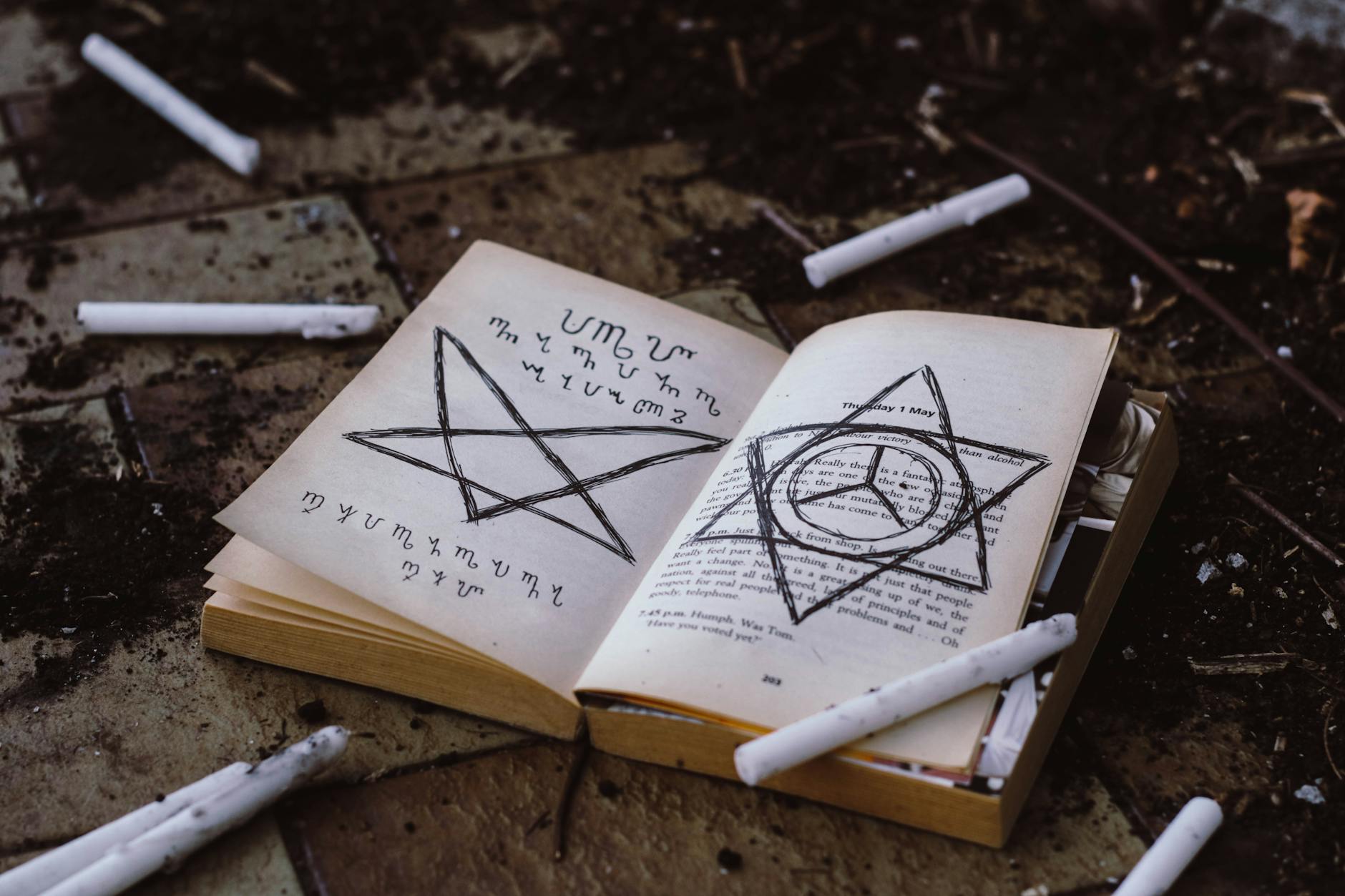Witchcraft has been a part of human culture for centuries, evolving through various forms and interpretations. This article explores the rich and complex history of witchcraft, from its ancient origins to its modern-day practices.

Ancient Origins
The concept of witchcraft dates back to ancient civilizations. Early witches were often seen as healers or wise women who used natural remedies and spiritual practices to help their communities. One of the earliest records of witchcraft is found in the Bible, in the book of 1 Samuel, where King Saul seeks the Witch of Endor to summon the spirit of the prophet Samuel.
In ancient Greece and Rome, witches were believed to possess the power to control the natural world and communicate with the gods. The Greek goddess Hecate, associated with magic and witchcraft, was revered by many. Similarly, in Roman mythology, the goddess Diana was often linked to witchcraft and the moon.
Medieval Europe
During the Middle Ages, the perception of witchcraft began to shift. With the rise of Christianity, witchcraft was increasingly associated with heresy and the devil. The church viewed witches as individuals who had made pacts with Satan, leading to widespread fear and persecution.
The publication of the “Malleus Maleficarum” in 1486 by two German Dominicans, Heinrich Kramer and Jacob Sprenger, further fuelled the hysteria. This book, often translated as “The Hammer of Witches,” served as a guide for identifying, hunting, and interrogating witches. It labelled witchcraft as heresy and became a key text for both Protestant and Catholic witch hunters.
The Witch Hunts
Between the 15th and 18th centuries, Europe experienced a series of witch hunts that resulted in the execution of tens of thousands of people, mostly women. These hunts were driven by a combination of religious fervour, social tensions, and economic instability. Germany had the highest number of executions, while Ireland had the fewest.
The Salem witch trials in 1692 are among the most famous witch hunts in history. In the Puritan colony of Massachusetts, a group of young girls claimed to be possessed by the devil and accused several local women of witchcraft. The ensuing trials led to the execution of 20 people and the imprisonment of many others.
The Enlightenment and Decline of Witch Hunts
The Enlightenment brought a shift in attitudes towards witchcraft. As scientific reasoning and scepticism grew, belief in witches and magic began to wane. By the late 18th century, witch hunts had largely ceased in Europe and North America2.
However, the legacy of the witch hunts persisted. The fear and persecution of those accused of witchcraft left a lasting impact on society, influencing literature, folklore, and popular culture.
Modern Witchcraft
In the 20th century, witchcraft experienced a resurgence, particularly with the rise of the Wiccan movement. Founded by Gerald Gardner in the 1950s, Wicca is a modern pagan religion that draws on ancient witchcraft traditions. Wiccans practice rituals and ceremonies that honour nature and the cycles of the moon and sun.
Today, witchcraft is practiced in various forms around the world. Some modern witches follow traditional practices, while others incorporate elements of different spiritual and religious traditions. The internet has also played a significant role in the spread of modern witchcraft, allowing practitioners to connect and share knowledge globally.
Witchcraft in Popular Culture
Witchcraft has long been a source of fascination in popular culture. From Shakespeare’s “Macbeth” to the Harry Potter series, witches have been depicted in countless books, films, and television shows. These portrayals often reflect contemporary attitudes towards witchcraft, ranging from fear and suspicion to admiration and empowerment.
In recent years, there has been a growing interest in witchcraft as a form of feminist empowerment. Many modern witches embrace their identity as a way to reclaim power and autonomy in a patriarchal society. This resurgence has also led to a renewed interest in the history and traditions of witchcraft.
The history of witchcraft is a testament to the enduring power of human belief and imagination. From ancient healers to modern-day Wiccans, witches have played a significant role in shaping our understanding of the natural and supernatural worlds. As society continues to evolve, so too will the practice and perception of witchcraft, ensuring its place in our cultural consciousness for generations to come.






